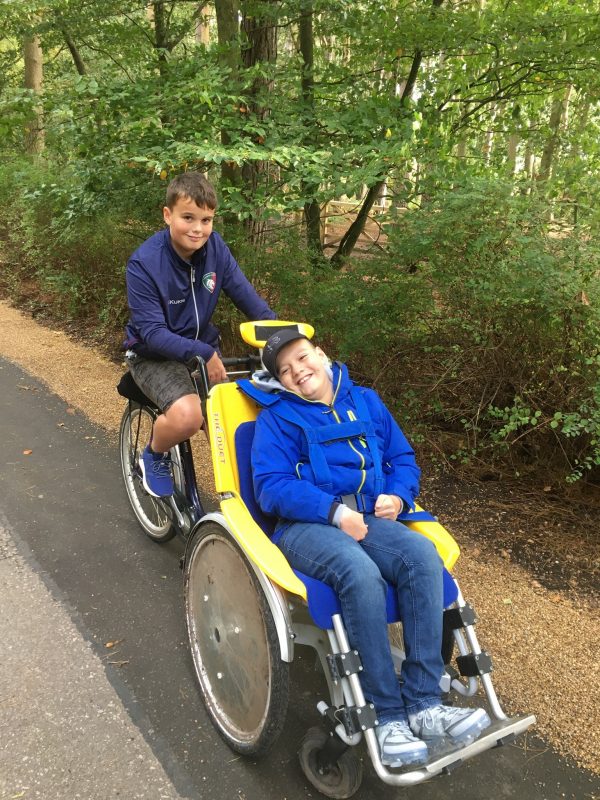
Ryan’s Story: Mismanagement of pregnancy leading to cerebral palsy
Failure to manage high blood pressure in pregnancy leads to cerebral palsy. We obtained an early admission of liability from the Defendant Trust for a
Brain Injury Compensation
Finding and paying for the right type of care is one of the most important aims of making a brain injury compensation claim.
It’s about making sure a person’s care needs are met fully by the most appropriate type of carers, enabling as much independence as possible, and in a way that creates the least intrusion to family life.
We spend a lot of time making sure our clients get the best care and support available to them, both during the claim by getting interim payments of compensation from the defendant, and for the rest of their lives once the case is settled.
The type and amount of care required will depend on the severity of the brain injury and its effects.
Children and adults with severe neurological impairments, who may rely on a wheelchair for mobility, require hoisting for transfers, possibly are tube-fed, and completely reliant on others for all basic needs, will need a team of employed, brain injury nursing carers, which may be on a 1:1 or even 2:1 basis, day and night.
Individuals with more subtle impairments following a brain injury, or those that have more cognitive or behavioural problems, are more likely to benefit from a support worker or enabler, who can provide supervision and assistance with daily living activities and help them engage with neurorehabilitation.
And then there are many cases that fall in between, where qualified carers are needed for personal care and assistance and overall brain injury care and support.
Usually the brain injury compensation awarded to cover the costs of care is paid as annual, tax-free payments for the rest of the brain-injured person’s lifetime. In cases against the NHS, it is NHS Resolution, the organisation responsible for dealing with negligence claims against the NHS, that will make these payments annually to the claimant. In other types of cases, certain insurance companies may also pay for care in this way. It provides the confidence of knowing that the money will never run out and that it will always be possible to pay for the best brain injury care, no matter what.
Brain injured claimants often lack the capacity to make decisions about and manage their large compensation awards. The Court of Protection in England and Wales provides a safeguard for these claimants by requiring a Deputy or Trustee be appointed to oversee how the compensation is spent and to ensure funds are held in a specialist bank account and invested safely. The Deputy or Trustee will arrange for brain injury carers to be employed and paid, in consultation with the brain-injured person and their family, to ensure their care needs are met in the best possible way.
The job of sourcing the best carers, interviewing them, managing employment contracts and adhering to employment laws, leading a team of carers and creating rotas is a time-consuming one. A case manager is someone who can take over the administration, co-ordinating and organising it can take to look after someone with a brain injury, leaving family members to concentrate on being just that, a family. A case manager can also help to meet other needs such as finding therapists or sourcing equipment. The funds needed to pay the case manager can also be claimed from the defendant as part of the brain injury compensation award.
Having worked with many families affected by brain injury, we understand the importance of putting the right care package in place. We work with the best care experts to obtain the maximum compensation possible to ensure our clients and their families have the security of life-long, paid for care that can be adapted to meet our client’s needs when necessary.
For a free initial consultation
This data will only be used by CL Medilaw for processing your query and for no other purpose.
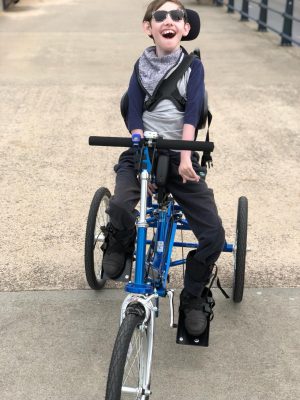

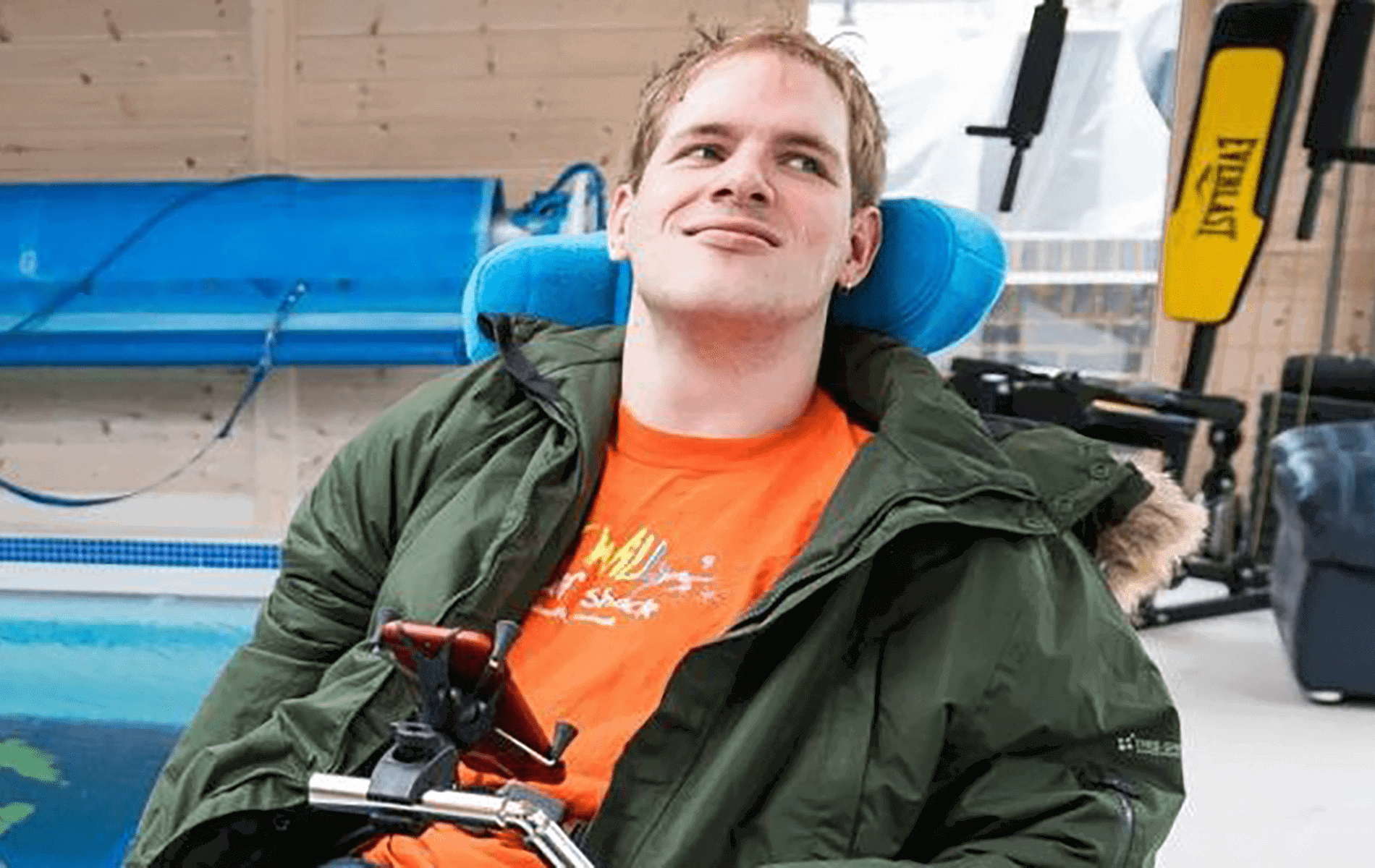
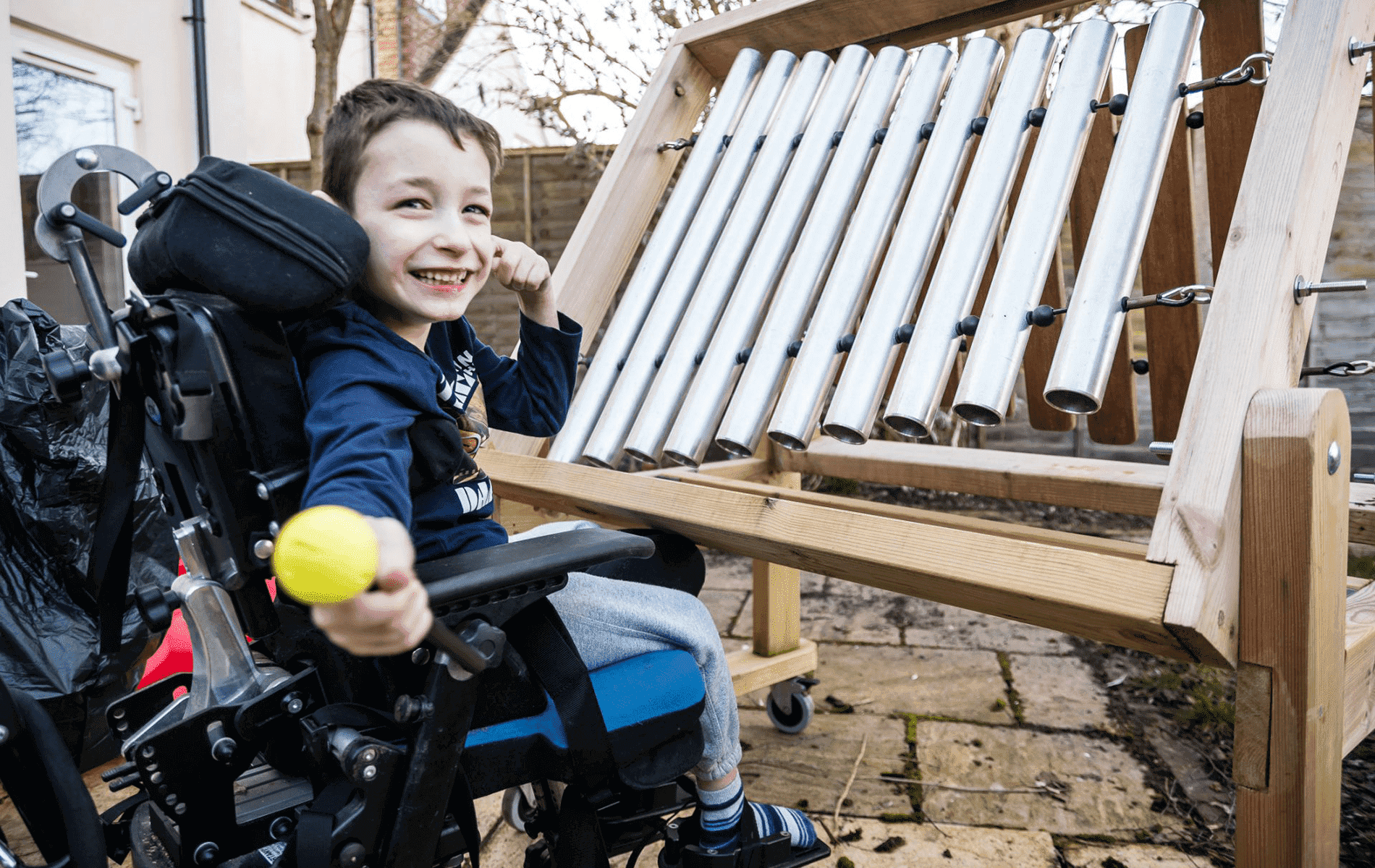
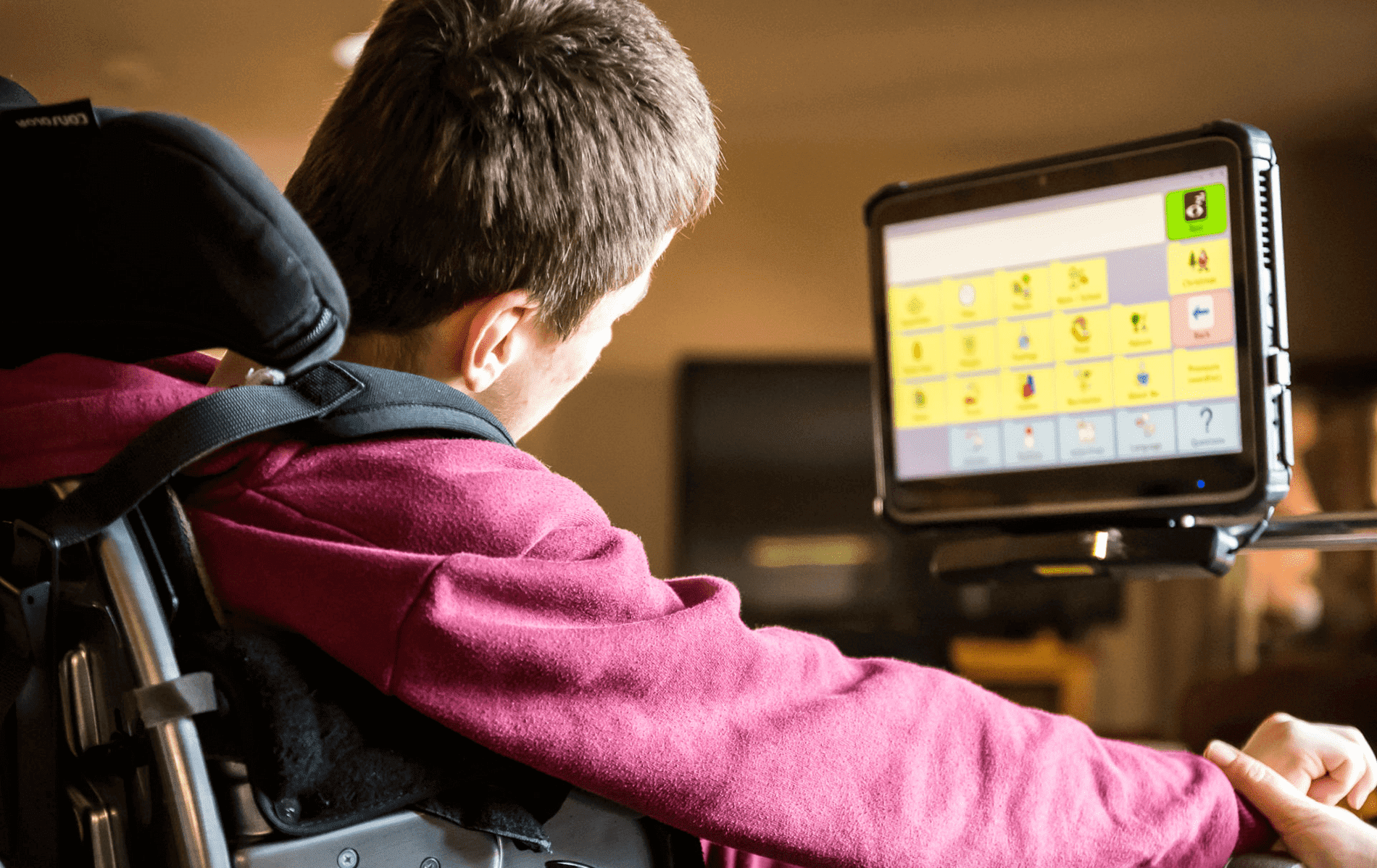
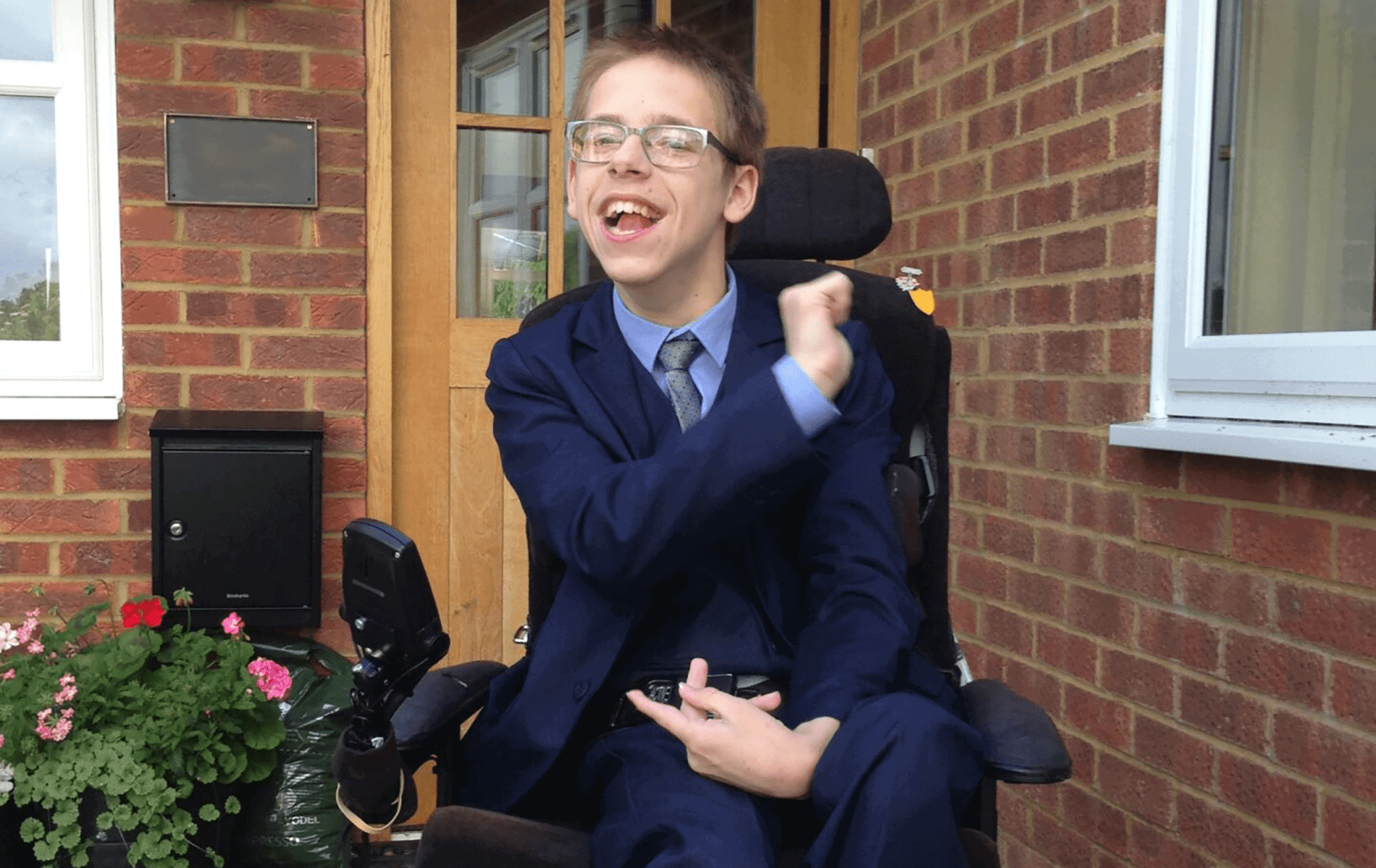
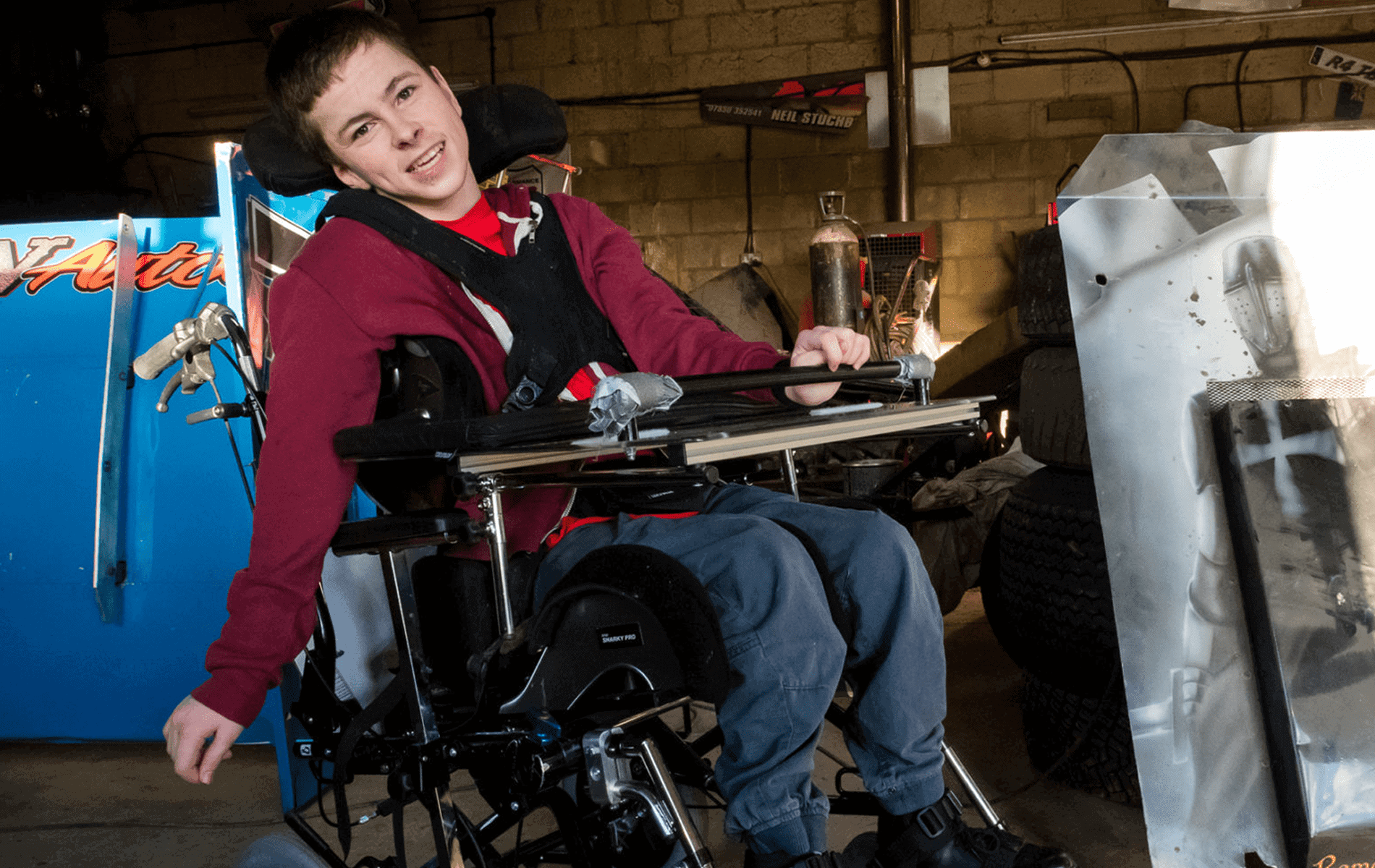
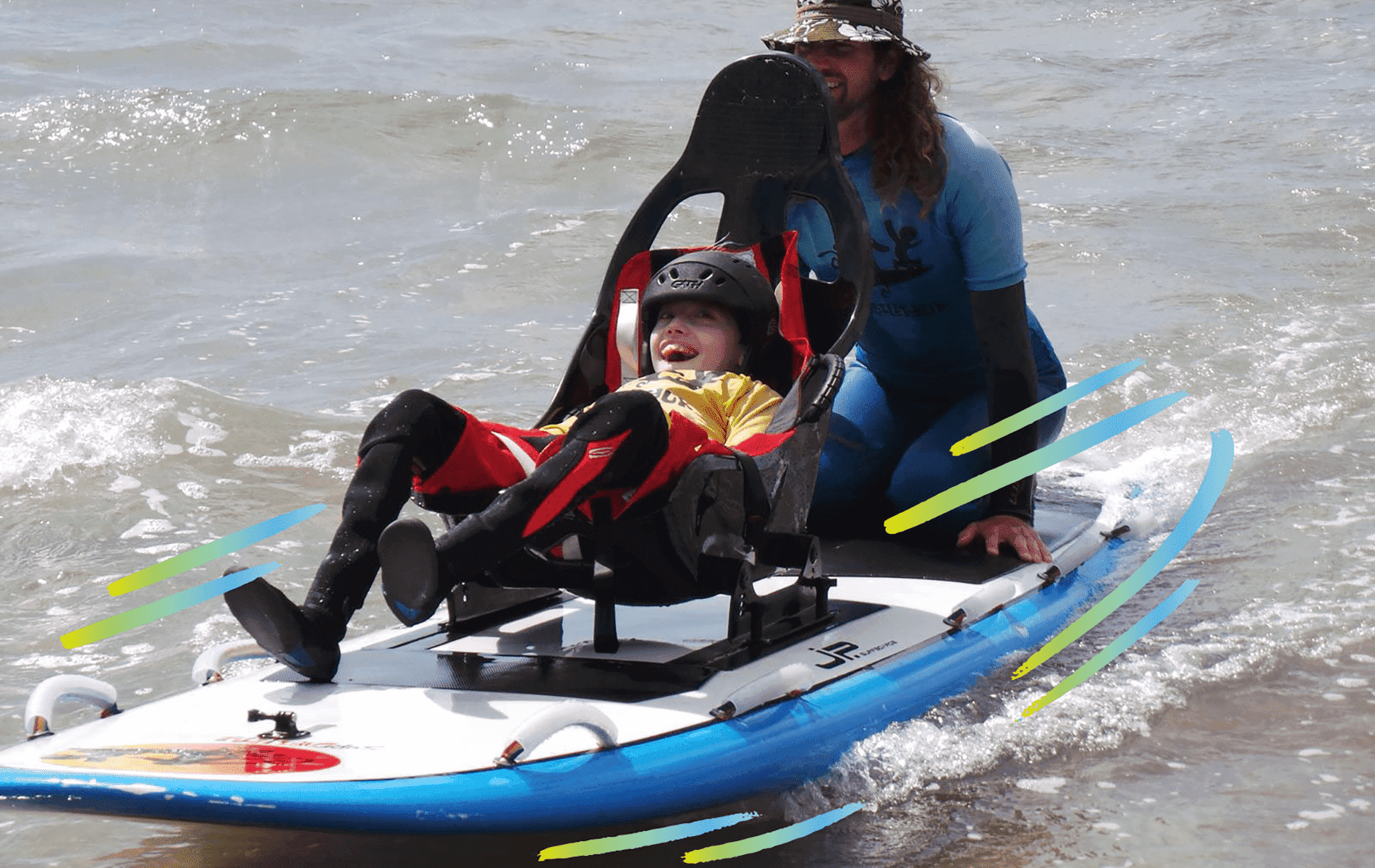
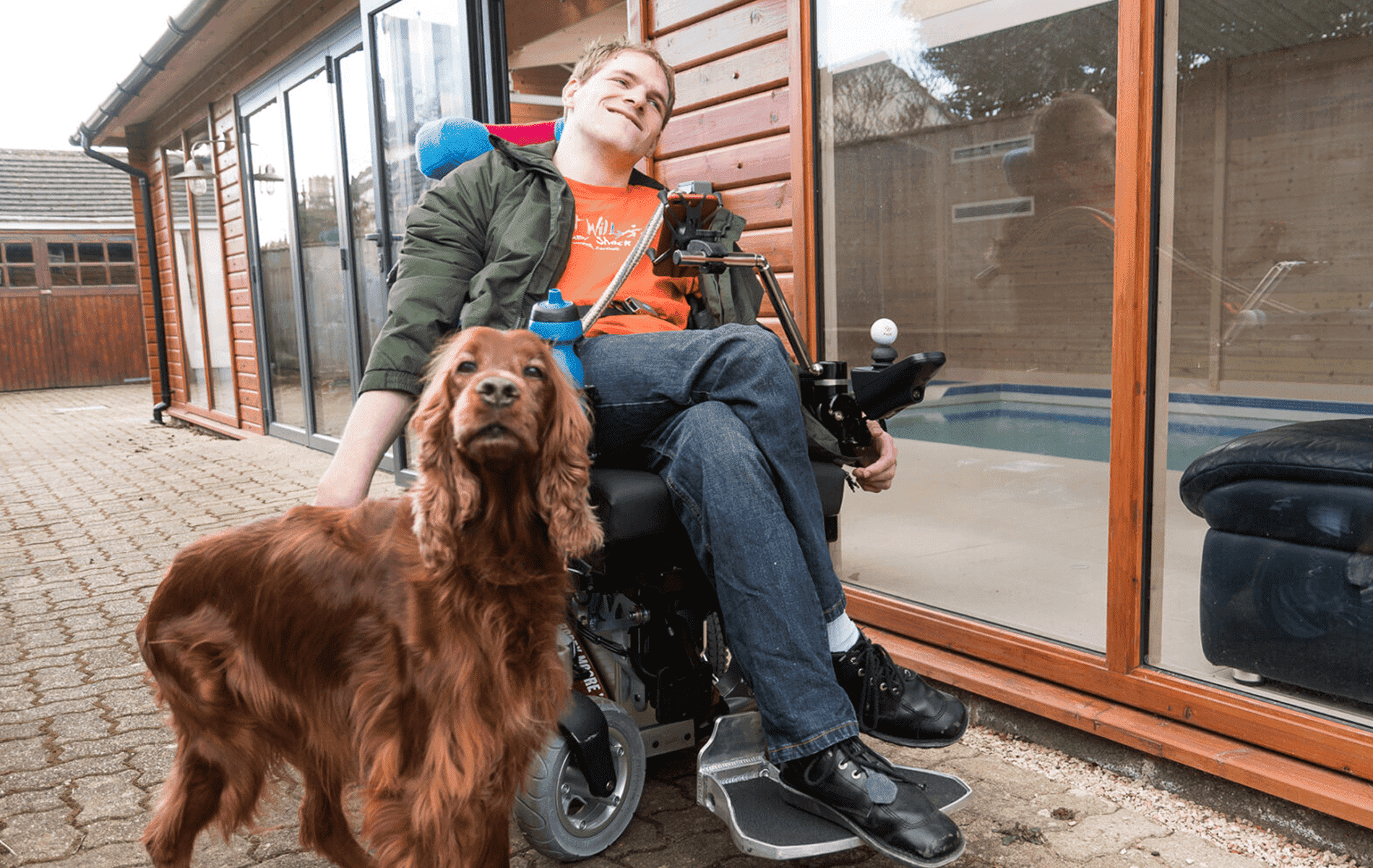

Failure to manage high blood pressure in pregnancy leads to cerebral palsy. We obtained an early admission of liability from the Defendant Trust for a

Facts Charlie had been unwell for several weeks and as he continued to get worse his parents became very concerned. They called NHS Direct and

What happened? Elan’s mother had a normal pregnancy but problems developed in labour. There was a failure by the medical staff looking after Elan’s mother
Our experienced partners will be on hand to support you throughout the process



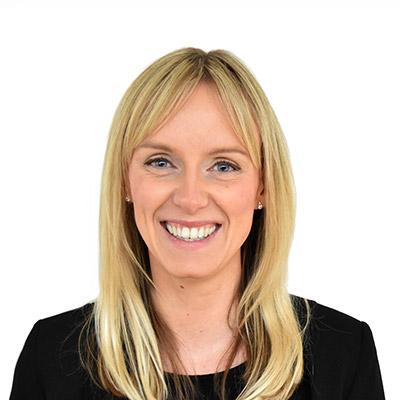



CL Medilaw © 2024